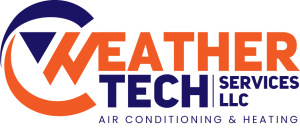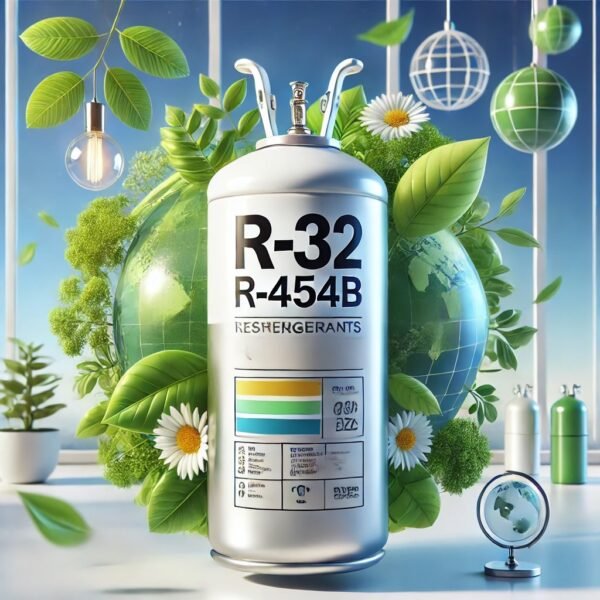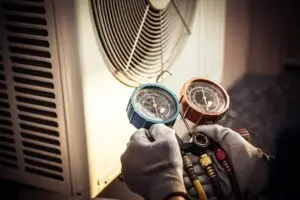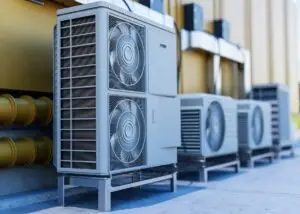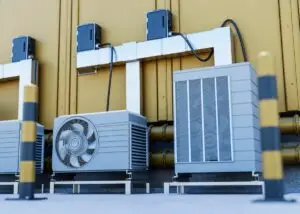What You Need to Know About the New Residential AC Refrigerant
Starting in 2025, new regulations from the EPA (Environmental Protection Agency) will change the type of refrigerant used in residential air conditioning systems. The older refrigerants, like R-22 and R-410A, are being phased out due to their environmental impact. These changes are part of a global effort to reduce greenhouse gas emissions and protect the ozone layer.
If you’re a homeowner, you’ll need to understand what this means for your current or future AC system, including the benefits, drawbacks, and costs of the new residential AC refrigerants.
What Is the New AC Refrigerant in 2025?
The new residential AC refrigerants, such as R-32 and R-454B, are designed to be more environmentally friendly. These refrigerants have:
• Lower Global Warming Potential (GWP): A significant reduction in harmful emissions.
• Improved Efficiency: New systems using these refrigerants are expected to run more efficiently, saving energy costs.
Why Is This Change Happening?
The EPA regulations aim to phase out high-GWP refrigerants like R-410A, which is currently used in most residential systems. Although R-410A does not damage the ozone layer, its high GWP contributes to climate change.
New refrigerants like R-32 have a GWP that is about 70% lower than R-410A, aligning with environmental goals for reducing carbon footprints.
Benefits of the New AC Refrigerant
1. Eco-Friendly: Lower emissions mean a cleaner, healthier planet.
2. Improved AC Performance: Systems using the new refrigerants will be more energy-efficient.
3. Cost Savings: While initial costs may be higher, energy savings will offset these costs over time.
Potential Drawbacks and Price Differences
While the transition to new refrigerants offers long-term benefits, there are a few considerations:
• Higher Initial Costs: New AC systems will be slightly more expensive. The new refrigerant itself might also cost more initially.
• Incompatible Systems: Existing systems designed for R-410A or R-22 cannot be retrofitted to use the new refrigerants.
• Specialized Maintenance: Homeowners must hire licensed HVAC professionals to properly service the new systems.
How Much Will the New Refrigerant Cost?
The price of the new refrigerant will depend on market demand and supply. Initially, costs may be 10-20% higher than R-410A. However, prices are expected to stabilize as production increases.
New AC systems may also see price increases due to the need for specialized technology and components to handle the new refrigerants safely and efficiently.
Why You Need a Licensed Contractor
Handling new refrigerants requires EPA-certified training to ensure safety and compliance with environmental laws. At Weather Tech Services, our licensed technicians:
• Are trained to handle the new refrigerants safely.
• Follow all EPA regulations during installation, repair, or maintenance.
• Help you choose the right system that complies with 2025 standards.
Improper handling of these refrigerants can lead to leaks, performance issues, and legal penalties. Always trust a licensed contractor like Weather Tech Services for all your AC needs.
How to Prepare for the Transition
1. Schedule an AC Inspection: If your current system is old, now is the time to upgrade.
2. Choose the Right System: Work with an HVAC expert to install a system compatible with the new refrigerant.
3. Budget for the Change: Understand that prices will be slightly higher but will provide long-term savings.
Weather Tech Services Is Ready for 2025 and Beyond
At Weather Tech Services, we stay ahead of industry changes to provide you with the best AC solutions. Our team is trained to work with the new residential AC refrigerant for 2025 and ensure your home remains cool and efficient.
Contact us today to schedule an inspection or learn more about the EPA refrigerant regulations. We’re here to help you make a smooth transition to a greener, more efficient air conditioning system.
Final Thoughts
The new residential AC refrigerant in 2025 is a step toward a more sustainable future. While the transition involves changes in system compatibility, cost, and care, homeowners will benefit from improved efficiency and environmental protection.
Trust Weather Tech Services to guide you through these changes with expert advice and top-quality service.
